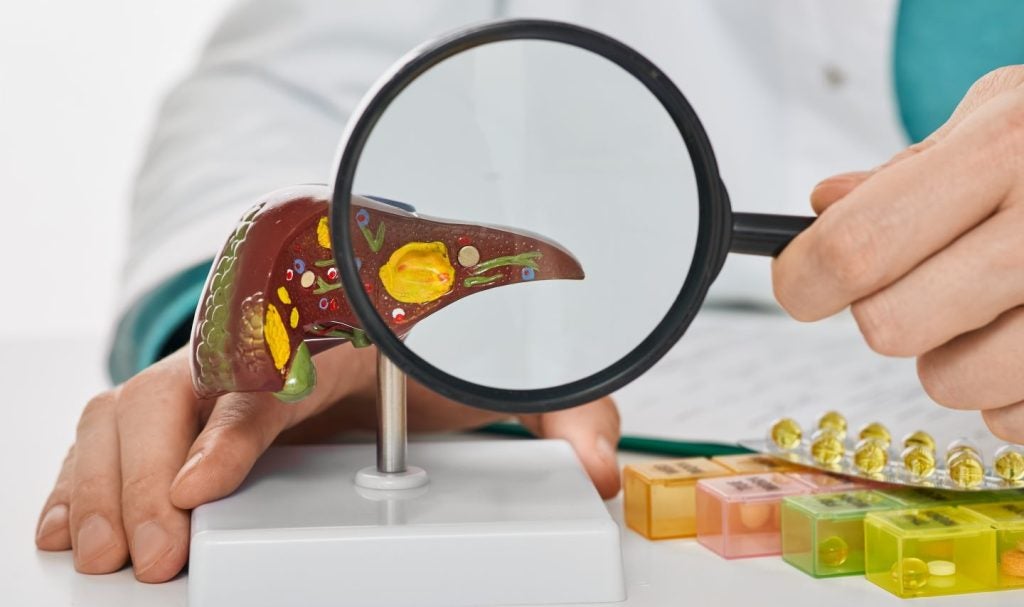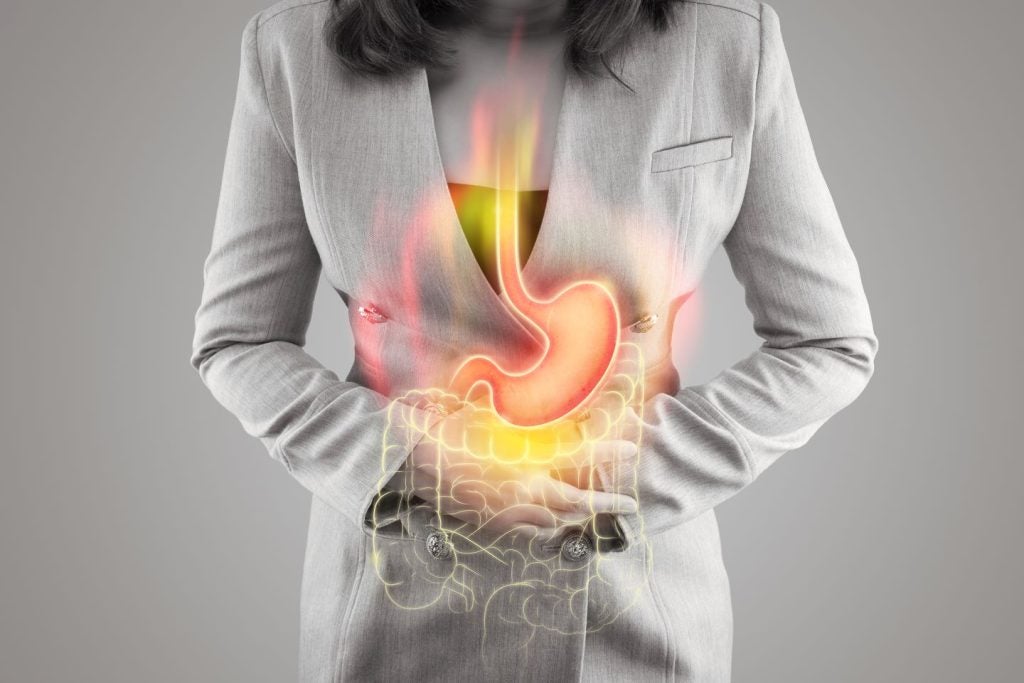Virion Therapeutics has reported encouraging safety outcomes from the first-in-human Phase IB clinical study of VRON-0200, a checkpoint modifier immunotherapy being analysed as a functional cure for chronic hepatitis B virus (HBV) infection.
The multicentre, open-label, dose-escalation, prime only, and prime plus boost therapeutic vaccination trials are designed to assess the therapy's tolerability, safety, and immunological responses.
The trial included non-cirrhotic, Hepatitis B e antigen (HBeAg) positive or negative, chronic hepatitis B patients who are currently on nucleos(t)ide antiviral therapy and have HBV DNA levels below 40IU/mL and HBsAg levels under 500IU/mL.
Virion dosed the first patients in the trial last October.
This dose escalation study comprised two cohorts, with cohort one receiving a low dose of VRON-0200 and cohort two subjects being administered a high dose.
Subjects within each cohort are randomised to receive either an intramuscular injection as a prime vaccination only or as a prime and boost regimen.
According to the initial results obtained from the first ten subjects, the immunotherapy was safe and well-tolerated without any significant adverse events reported.
Furthermore, no clinically relevant abnormalities were observed in laboratory tests, electrocardiograms (ECGs), or vital signs.
Preclinical data suggest that VRON-0200, through checkpoint modification, could amplify and enhance T cell responses, including those not normally activated during chronic HBV infection, thereby improving viral control.
Virion Therapeutics COO Dr Sue Currie said: “Finding a treatment for chronic HBV-infected patients will almost assuredly require an immune-based component to help control the infection.
“These VRON-0200 data—the first ever for a checkpoint modifier containing T cell vaccine of any kind—represent a critical first step in Virion's mission to bring safe, well-tolerated, and easy-to-administer interferon-sparing functional cure immunotherapy to HBV-infected patients worldwide.
“We look forward to sharing additional safety and the first-ever immunogenicity data from this trial later this year.”















